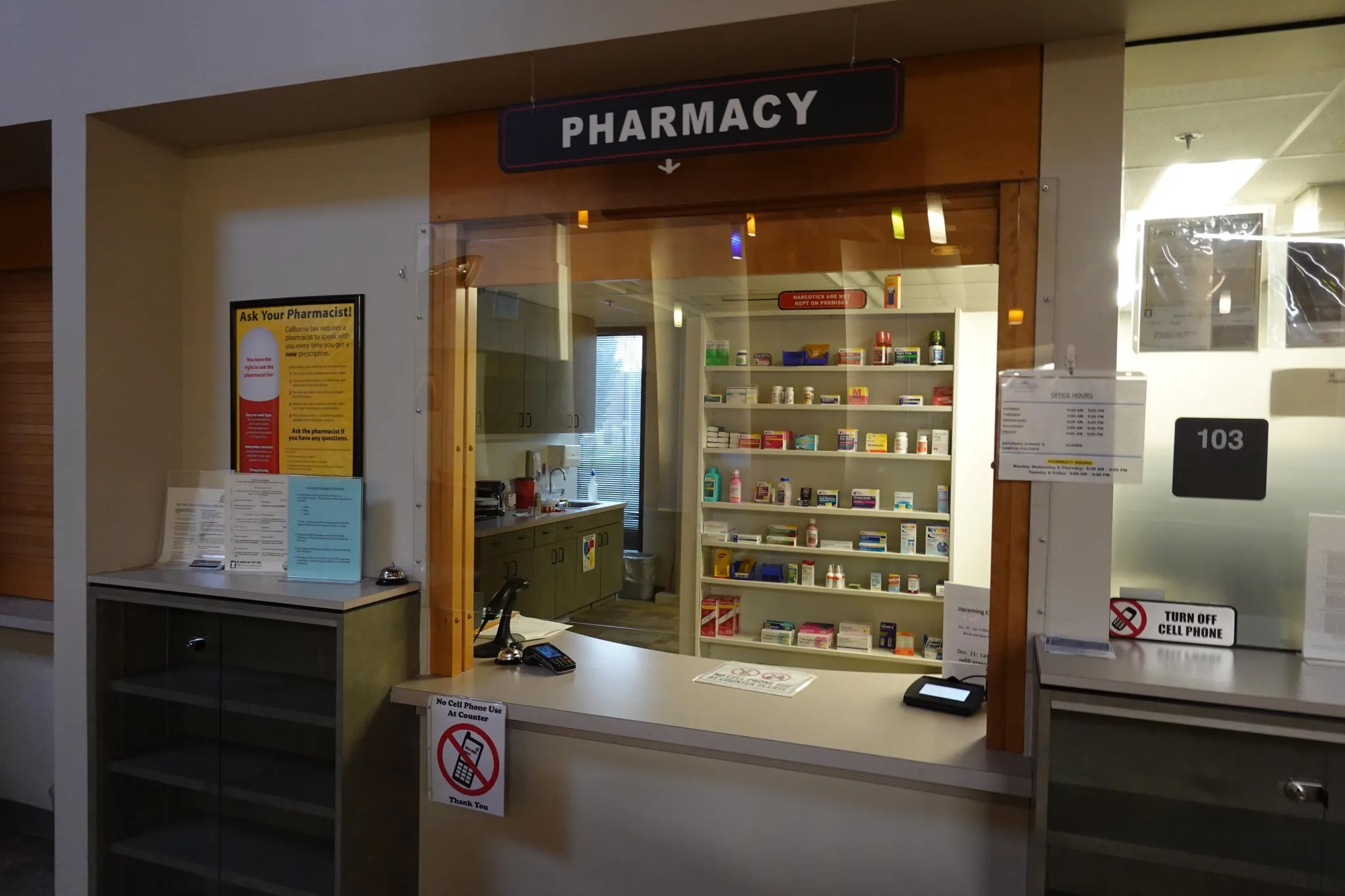When Deanna Gomez found out she was pregnant in September 2023, she felt the timing couldn’t have been worse.
The college senior at California State University-San Bernardino worked 60 hours a week at two jobs. She used birth control. Motherhood was not in the plan. Not yet. “I grew up poor. And I don’t want that for my children, like, ever,” she said.
She wanted a medication abortion. It’s a two-step process: one drug taken at a doctor’s office, and another a day later to induce cramping and bleeding and empty the uterus. Gomez didn’t bother going to the university health clinic, thinking it was only for basic health needs.
She ended up driving more than 300 miles and paying hundreds of dollars in medical and travel expenses to obtain a medication abortion. She missed a month of classes, which put her graduation date in jeopardy. She had no idea she was entitled to a free medication abortion right on campus.

An LAist investigation has found that one year after California became the first state to require its public universities to provide abortion pills to students, basic information on where or how students can obtain the medication is lacking and, often, nonexistent.
“I was really upset when I found out,” Gomez told LAist. “I had to really push myself to make that money happen.”
LAist initially found that 11 of 23 CSU campus clinics did not have any information about medication abortion on their clinic websites, nor did they list it as a service offered. Of the University of California’s 10 campuses, eight mentioned medication abortion on their clinic websites. (Five CSU campuses and one UC campus added information after LAist published a version of this article.)
Through conversations with students and faculty at multiple campuses, LAist found there was little information for students to obtain the pills.


